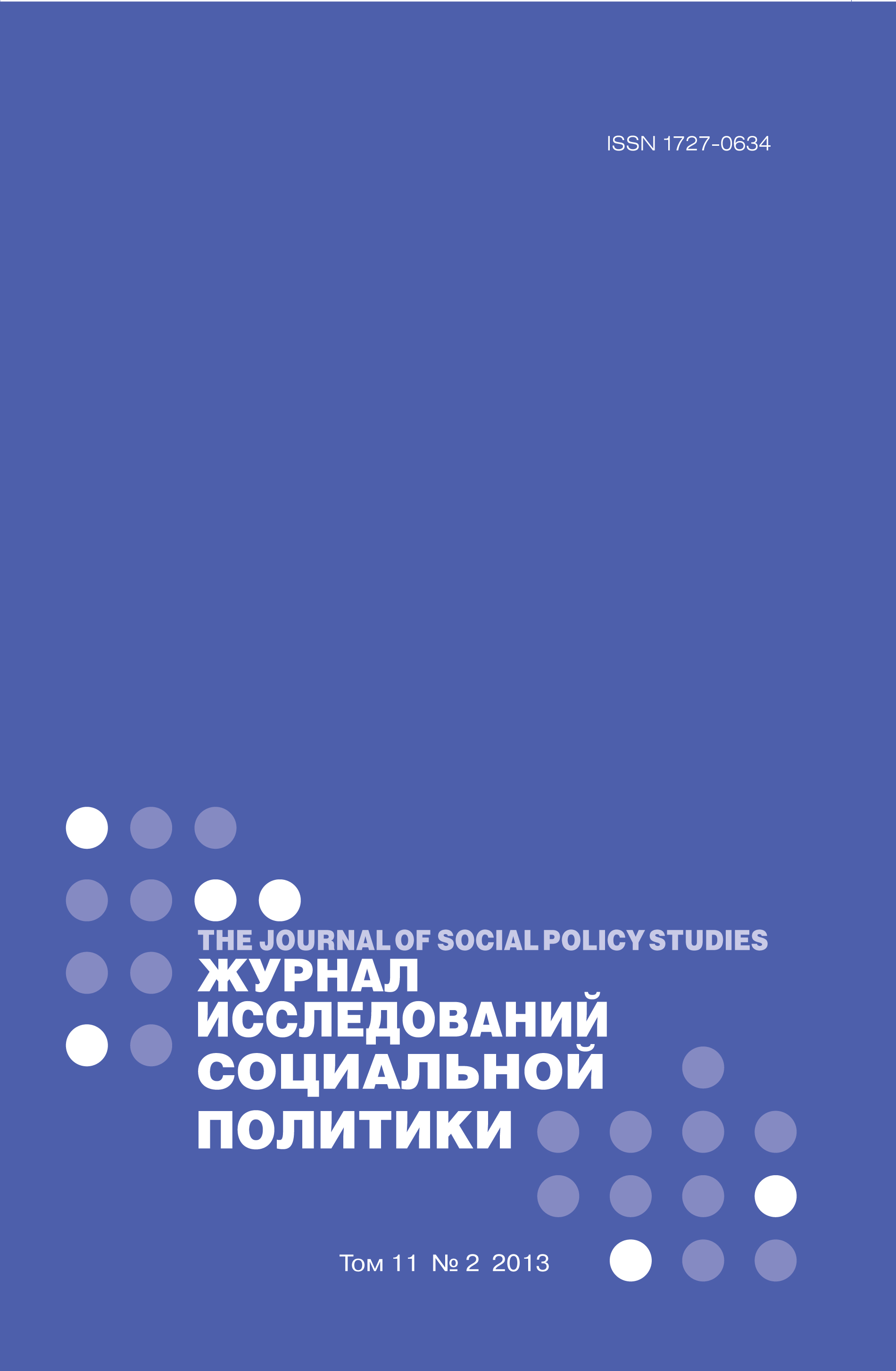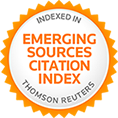Инклюзивные и эксклюзивные практики в системе национального образования: кейс стади школы с этнокультурным компонентом города Ижевска
Ключевые слова:
образовательная политика, инклюзия, эксклюзия, этнокультурное образование, национальные школы
Аннотация
В статье выявляются инклюзивные и эксклюзивные характеристики этнокультурного образования на примере городской школы, в которой реализуются программыизучения удмуртского языка и культуры. На основании данных наблюдения и интервью раскрываются проблемы и противоречия, с которыми сталкиваются учителяи ученики школ и классов с этнокультурным компонентом. Преимуществам статуса школы повышенного уровня, который обеспечивает государственную и финансовую поддержку, а также формирование сообщества взаимной поддержки, противостоят социальные барьеры, связанные с механизмами отбора учеников, а также структурные и организационные ограничения образовательных учреждений. В статье представлена попытка показать, в каких условиях исключение этнических групп может преодолеваться и трансформироваться в практики, повышающие жизненные шансы выпускников этнических школ.Скачивания
Опубликован
2013-07-06
Как цитировать
ВласоваТ. А. (2013). Инклюзивные и эксклюзивные практики в системе национального образования: кейс стади школы с этнокультурным компонентом города Ижевска. The Journal of Social Policy Studies, 11(2), 207-256. извлечено от https://jsps.hse.ru/article/view/3439
Раздел
Без рубрики















